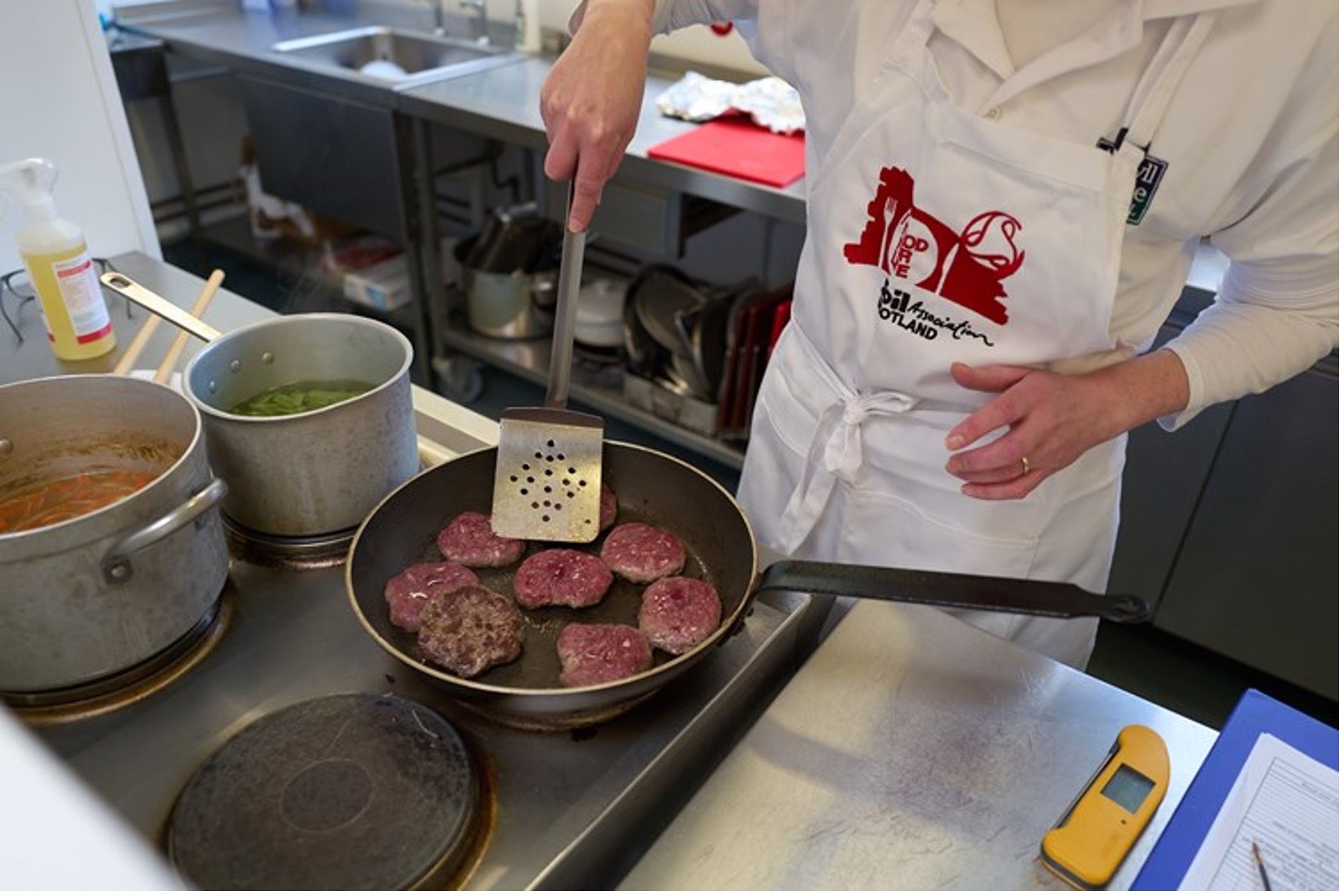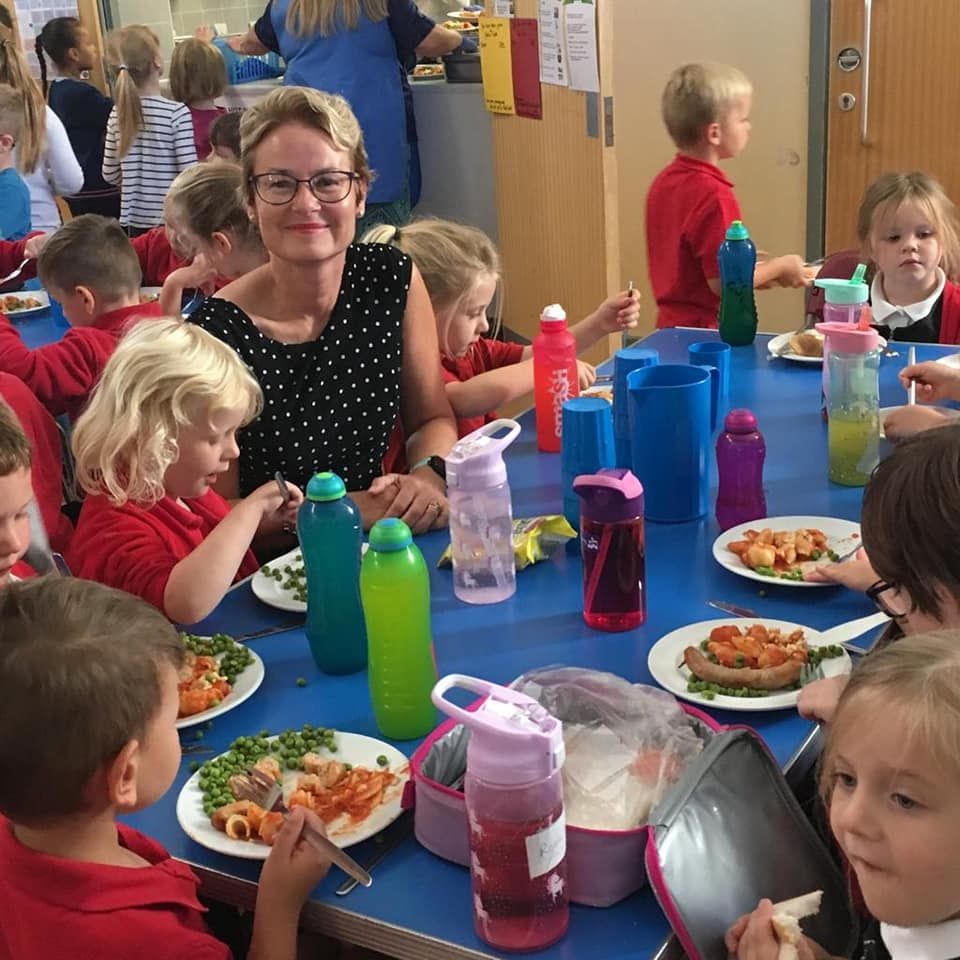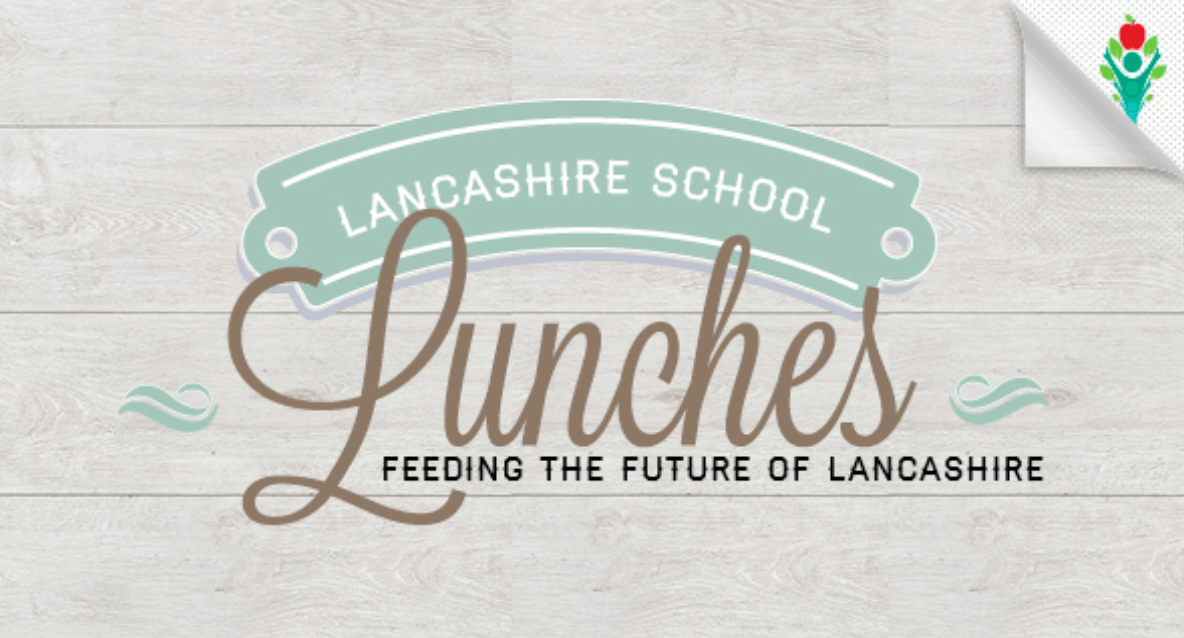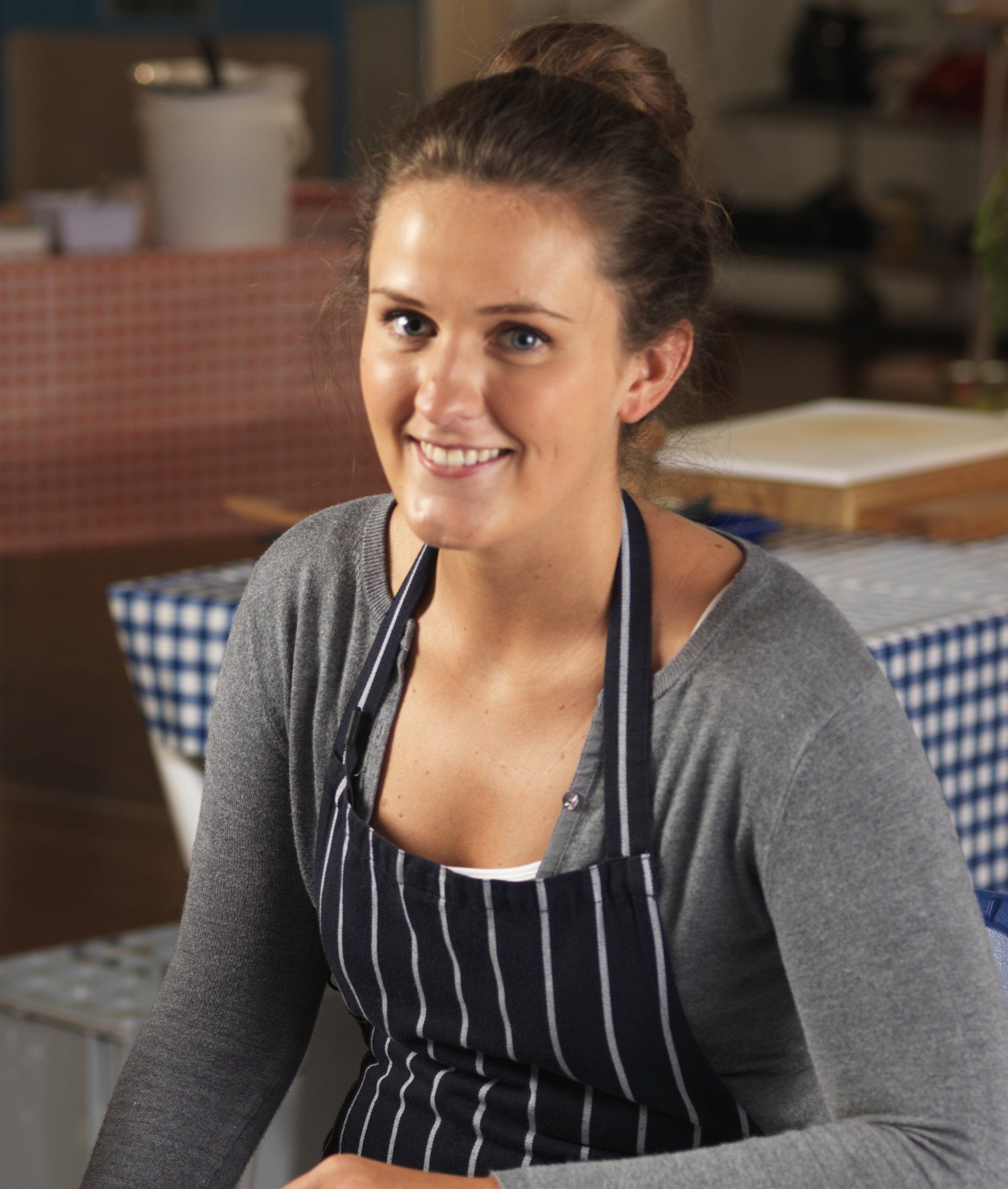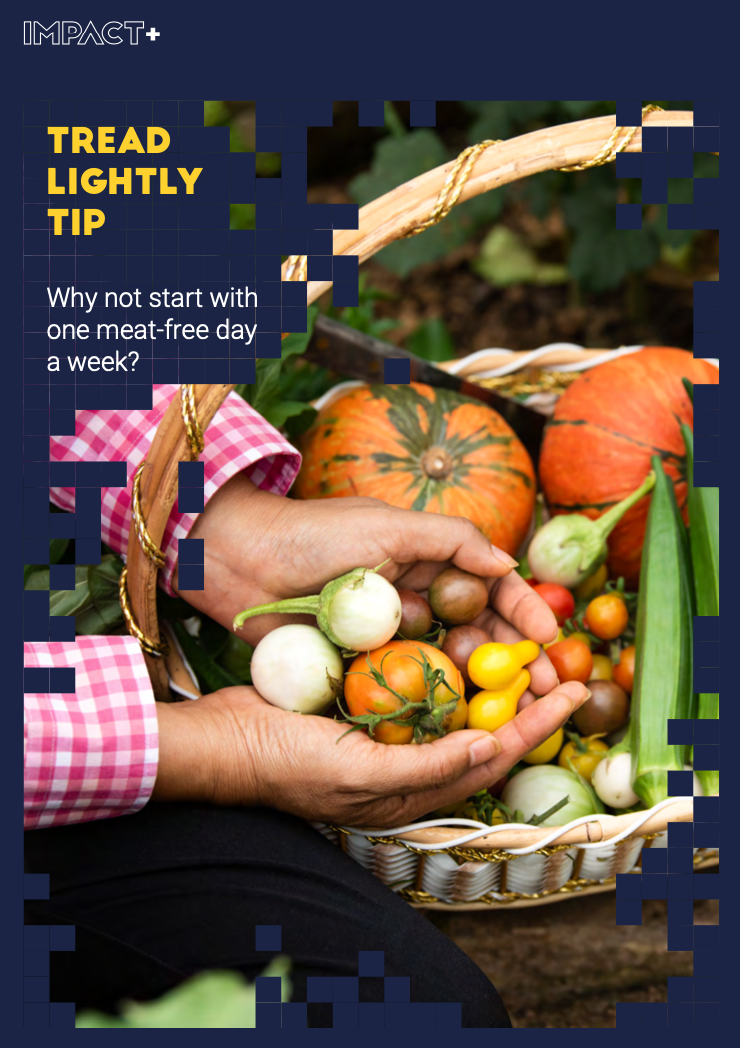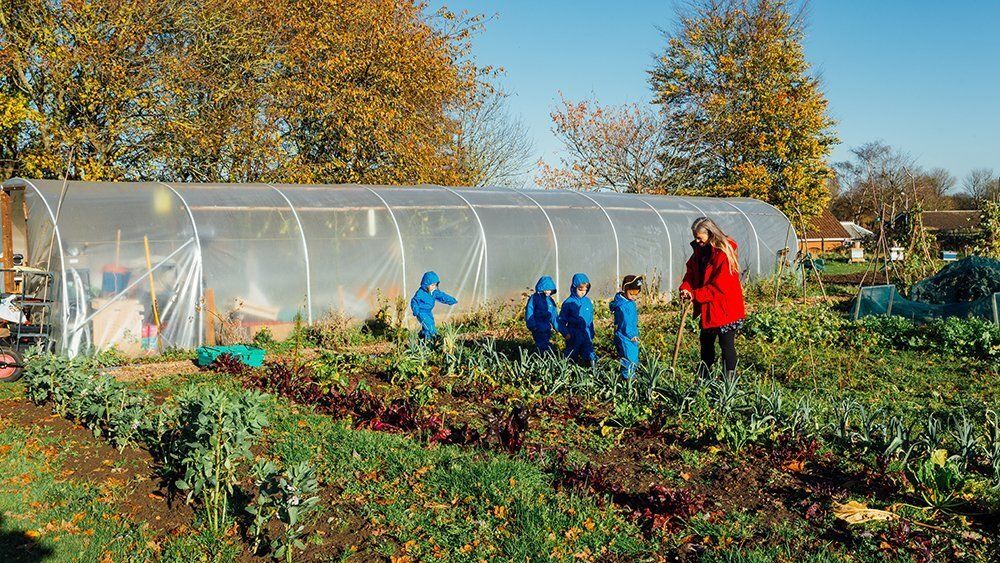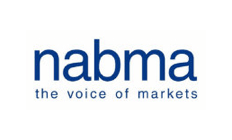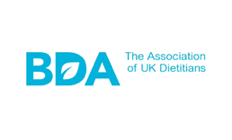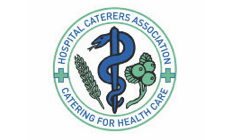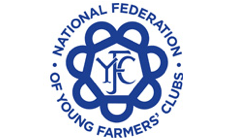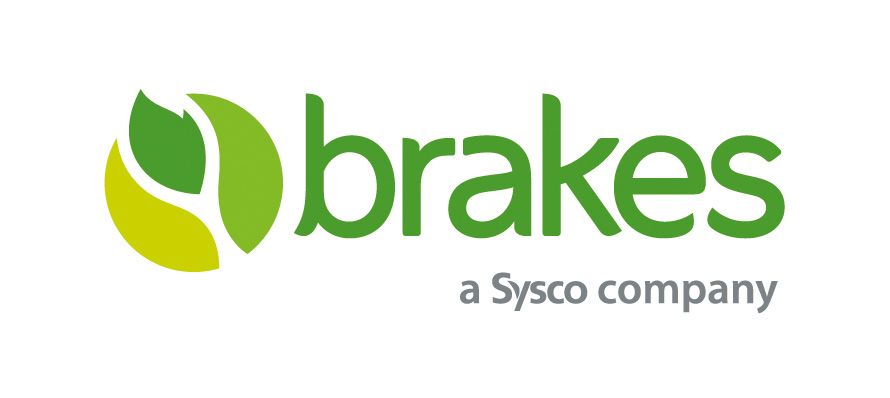December 21, 2022
What is your role and responsibility within Lancashire catering services? I am responsible for the growth and development of specific business areas, objectives and strategies including the production and presentation of competitive tenders and business services to existing and new customers. My role leads a team of technical professionals who are engaged in the development of food, skills, standards and quality management systems. I Develop business and marketing plans and implement marketing and sales strategies aimed at controlling food and direct labour, to achieve service targets. In terms of schools, we have 488 primary schools (including specials), 26 secondary schools, 16 residential care homes and 5 day care centres, so 535 in total. We have traded on a commercial footing with Lancashire schools since delegation of the authority function in 2001. We allow external organisations to assess and scrutinise our business and standards so that our customers can be absolutely confident that we deliver exactly what we say we will. We are a moral and ethical public sector caterer that always considers where the food on our plates comes from, how it is made and the standards it is made, grown or reared to. What catering facilities do you have at the schools you cater for? More than 90% of school customers have their own production kitchen onsite, with the remaining receiving a transported service from a neighbouring mother kitchen. Dining facilities are varied, with primary schools serving from multi-use halls and secondary schools having fixed dining rooms and a mix of eternal service pods, fixed and mobile service points. Do you focus on using British produce and how do you support local producers? Which suppliers do you use for meat and veg? Yes we focus on using British produce. Our fruit and vegetables are supplied by Ralph Livesey, who are also our appointed distribution hub and they contract with Booths supermarket for our fresh meats, Ann Forshaw for yogurts, Dewlay for cheese - so that gives an indication of the standards we purchase too. 100% of our contracted food suppliers are classed as local (within 35 mile radius of Preston) and 75% of our total food purchases are produced in the UK, over 75% of which are classed as local produce or local supply (equating to over 50% of total annual spend on Lancashire produce). We purchase over £11.5m of food produce and ingredients, £9m of which was spent on food and ingredients required to meet FFL Silver Award. Due to our size, we are able to tender individual product lots (eggs, milk, cheese, yogurts, fresh meat, frozen fish etc.) which allows us to better focus our procurement activity around UK and more so local food producers. Furthermore, we have a tendered distribution hub which removes barriers for SME's being able to tender for product lots – they don't have to worry about the distribution element and this is a significant limiting factor for SME's. We also produce bespoke food specifications which are aimed at lowering/limiting/removing undesirable content such as fat, saturated fat, salt, sugar and additives – this creates opportunities for SME's and local producers who see our volumes as a suitable catalyst for producing specifically for us. What is the budget per head? Unfortunately, this is commercially sensitive and cannot be shared. Suffice to say, we are like every other educational caterer who has to contend with fixed and variable costs which have to be reflected within our customer charges. However, unlike many educational caterers, we place increased emphasis on buying and producing food to the highest standards and this requires a resilient and flexible supplier base who can work with us to achieve our aims on an ongoing basis. How are menus written and promoted? Our Menu Development Officer will Liaise with manufacturers and suppliers as appropriate and conduct tests on new and existing recipes and products. The role requires commitment to ongoing research to create new menu's, innovative ideas and marketable food products for use across the organisation. Menu promotion: Visible through the service website, social media and the production of menu leaflets offered to all schools in Lancashire for children to take home. The service is committed to a promotional calendar to increase pupil uptake, the promotions often take the form of theme days, focusing on characters from great British literature and cultural events relating to the national curriculum. Connecting food through the development process, exciting learning through vision and taste. Our experienced team work directly with schools to create innovative ideas, assisting the marketing team and setting clear objectives to promote: Increased meal numbers A happy, healthy, positive eating experience To offer new food choices, with welcomed feedback 12 planned and promoted theme days throughout the year Each of our communications is designed to promote at least one of our six key messages: fresh, quality, tasty, healthy, education, and ethical. What tips do you have for other school caterers? Lancashire catering request regular attendance at pupil council meetings in order to engage with pupils' feedback on the catering service, to discuss and address any service-related comments and concerns and to agree to requests for additional products. Pupil council meetings are also an opportunity to discuss healthy eating and how the correct menu choices can support this. Pupil satisfaction surveys are carried out randomly with small to medium focus groups of pupils or year groups, the results of which are measured as part of senior manager's Key Performance Indicators. Pupils are asked to score a range of simple questions which cover food quality, food service, staff friendliness and customer service (questionnaire pictured below)
